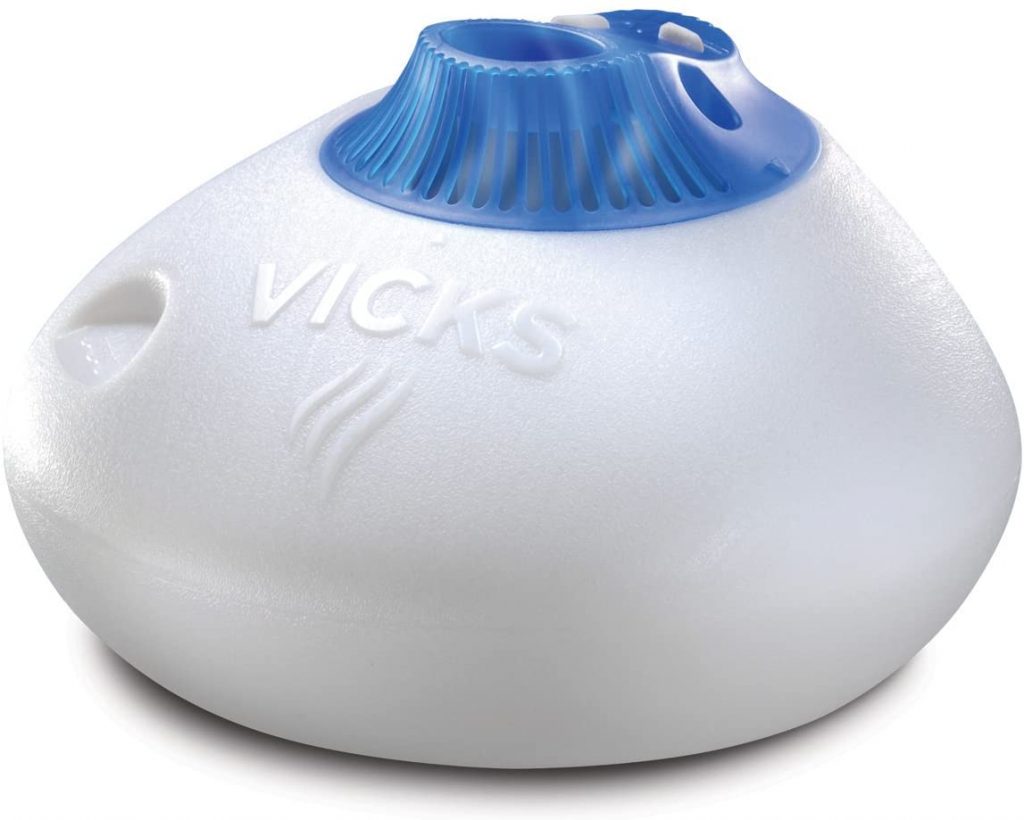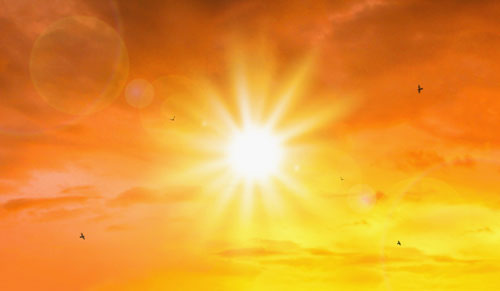As winter ends, cases of seasonal flu and colds dwindle. Could the same thing happen with COVID-19?
Viruses surge in winter for three reasons:[1]
- Viruses are more stable in cold, dry conditions with low levels of sunlight.
- People spend more time together indoors during the colder months. This allows viruses to spread from person to person easier.
- Our immune systems may be weakened due to a vitamin D deficiency caused by lack of sunlight.
In theory, these factors could also cause coronavirus to dampen down as summer approaches. We don’t know if this will happen. But studies provide hope.
COVID-19 Likes Cold Weather
One analysis looked at all 80,981 cases of COVID-19 across mainland China between Jan. 20 and Feb. 29. It found that the optimum temperature for virus transmission is 50 degrees F. Lower or higher temperatures seemed to suppress the spread.[2]
Another study by Australian researchers examined every global confirmed case up to Feb. 29. It found that higher temperatures are associated with lower disease incidence.[3]
Since coronavirus is so new, there aren’t many completed studies testing its transmission rates under different conditions. But researchers have found that for respiratory viruses in general, colder, drier air increases spread.
A 2019 Harvard University study analyzed hundreds of virus risk factors. Dr. Stephanie Taylor and her colleagues tested variables such as whether subjects got the flu shot, washed their hands, got adequate sleep, came in contact with large numbers of people, worked with the public, had adequate vitamin D, were old, and many more.
The research team was surprised to find that air humidity was the biggest factor in determining whether people got sick from respiratory viruses. Subjects breathing drier air were far more likely to get an infection.
Dr. Taylor explains that dry air is a more efficient carrier of viruses. In dry air, viruses travel farther and survive longer.
“Dry air also harms our natural immune barriers which protect us from infections,” she said. The mucus membranes in our nose and throat are thinner and less protective in dry conditions.[4]
Dr. Taylor also notes earlier research at the Mayo Clinic that tested higher humidity in school classrooms.[5]
Half the classrooms in a school were humidified during the winter. The others were left alone. Sixty-six percent fewer kids in the humidified classrooms got respiratory infections compared to those in the regular dry-air classrooms.
‘I Recommend Humidifiers During Winter’
A new study backs up this research. It appeared in the Annual Review of Virology. [6]
It found that low humidity allows viruses to stay airborne longer. This means you’re likely to inhale them and get infected.
What’s more, the cilia that line your airways don’t function as well in dry air. Cilia are tiny hair-like organelles that help keep out viral particles.
The review concludes that a humidity of 40% to 60% is ideal for reducing the spread of a virus. “That’s why I recommend humidifiers during winter in buildings,” said Professor Akiko Iwasaki, the study’s senior author.
Dr. Taylor agrees. She noticed a difference when she increased the humidity in her own home by using a humidifier.
“My husband had at least one serious illness each winter,” she said. “Ever since we started monitoring our indoor relative humidity, he has not been sick.”
If you don’t have a humidifier in your home, you can use an inexpensive vaporizer like this one…

They are widely available online and at drug stores for less than $20. Place them in the bedroom of a person who is sick to raise the humidity and help stop viruses from spreading to others.
The coronavirus is too new to know if it will be a seasonal illness like the flu. Only time will tell if summer will save us. But in the meantime, raising indoor humidity may be an effective way to help keep us safe.
Editor’s Note: Discover the single best supplement for stronger immunity… The fruit extract that helps 93% of people with respiratory viruses get better in just two days… The germ hotspot that most of us forget to sanitize. Find all this and more is in Independent Healing’s Coronavirus Pandemic Guide. Go HERE.
Related Articles
Coronavirus: Stay in the ‘Goldilocks Zone’ for Better Health
Coronavirus: What You Should Know About These Blood Pressure Drugs
Coronavirus:
Early Research Provides Hope That One Supplement Could Help Control It
Like this Article? Forward this article here or Share on Facebook.
[1] https://www.newscientist.com/article/2239380-will-the-spread-of-covid-19-be-affected-by-changing-seasons/
[2] https://www.medrxiv.org/content/10.1101/2020.03.22.20038919v1
[3] https://www.medrxiv.org/content/10.1101/2020.03.18.20036731v1
[4]https://www.forbes.com/sites/leahbinder/2019/10/17/harvard-researcher-says-this-inexpensive-action-will-lower-hospital-infection-rates-and-protect-us-for-the-flu-season/#259a587d1824
[5]https://journals.plos.org/plosone/article?id=10.1371/journal.pone.0204337
[6]https://www.annualreviews.org/doi/10.1146/annurev-virology-012420-022445

